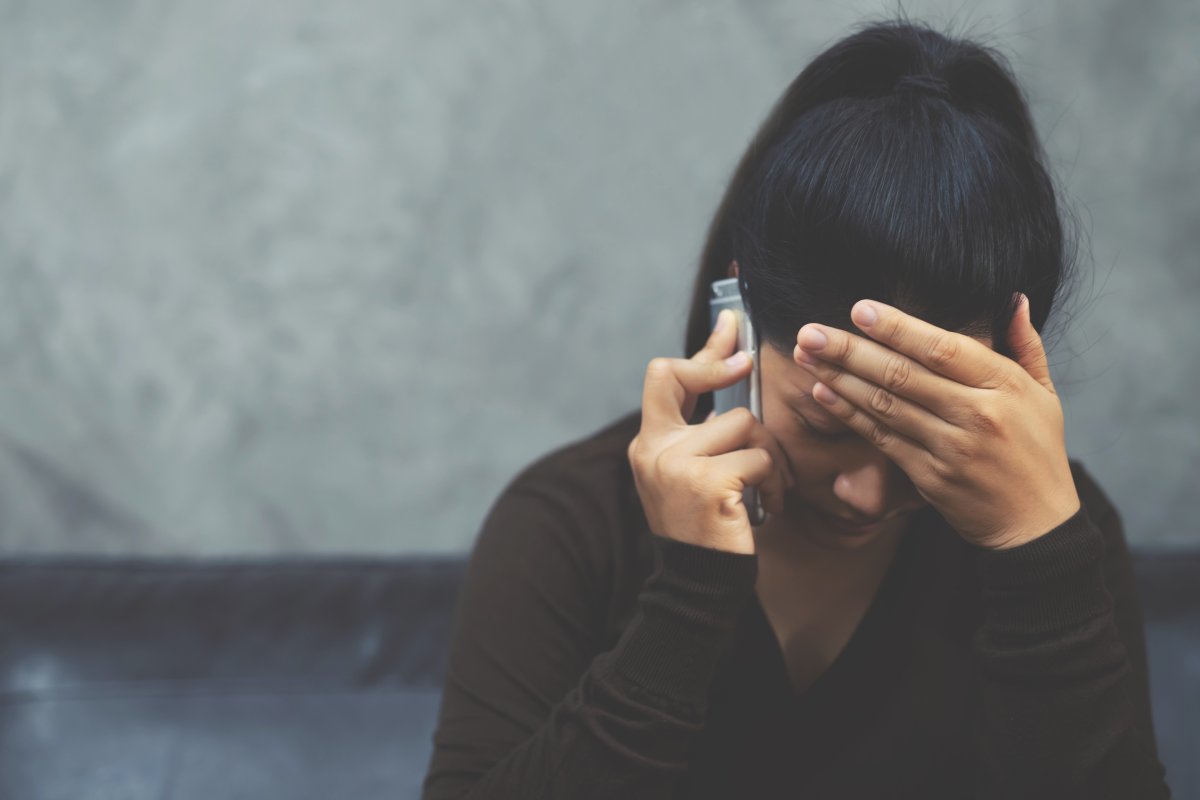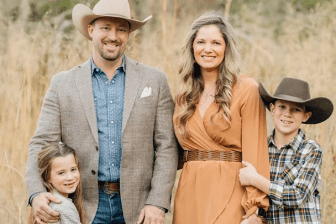Warning: This story deals with domestic abuse and violence against women, and may upset and trigger some readers. Discretion is advised.

A recent survey of Indigenous women and gender diverse people living in B.C. during the COVID-19 pandemic has revealed a disturbing increase in violence at home.
Eighty-five per cent of 95 respondents reported an onset of intimate partner violence during the pandemic, and 77 per cent reported an increase in that violence during the pandemic.
The survey was conducted between October 2021 and January 2022 by the BC Association of Aboriginal Friendship Centres and Battered Women’s Support Services, with support from the University of Victoria.
“We knew when COVID-19 hit that it was going to create profound difficulties for anybody that was living with an abusive partner in light of the isolation measures,” said Angela Marie MacDougall, executive director of Battered Women’s Support Services, in a news conference.
“We knew it was going to give a lot of power to abusive power to abusive partners, it was going to really disrupt service provision … within a COVID context that required isolation.”
The report, called “The Road to Safety,” was released Wednesday. It details a “shadow pandemic” of gendered colonial violence exacerbated by the barriers Indigenous women and gender diverse people face in accessing safe, culturally-appropriate support services.

“There’s widespread fear by Indigenous women who are seeking services and its a racism-based fear. They’re afraid they’re going to be negatively judged,” said Lesley Varley, executive director of the BC Association of Aboriginal Friendship Centres.
Varley said Indigenous women often fear police and fear, in particular, their children will be taken away. Survey respondents also identified housing affordability, lack of transportation, closure of services due to COVID-19, long waitlists, discrimination and mental health issues as among issues that prevented them from fleeing their abuse during the pandemic.
“They found an issue was not addressing the abuser — the impetus and onus on women to find safety for herself,” Varley added.
“They were asking, what about the men who get to stay in the house, who get to stay on the reserve in the community? It’s the women and children whose lives are so disrupted because they have to flee.”
- 2 teens charged with murder in case of 16-year-old killed outside Halifax mall
- Green Party deputy leader given jail sentence for Fairy Creek old growth protests
- Cars torched, explosions heard in suspected arson in Montreal neighbourhood
- Gas station clerk stabbed several times during violent attack at Ultramar in Montreal
In emailed comments, Victoria-Beacon Hill MLA Grace Lore, parliamentary secretary for gender equity, acknowledged the two organizations for their work on the report and said the province is aware intimate partner violence was exacerbated by the pandemic.
“The safety and well-being of all people depend on us taking action to help end gender-based violence and make our province safer,” she wrote. “That’s why we have committed to developing an action plan to end gender-based violence and ensure survivors of violence can access the care they deserve.”
The province recently met with both Battered Women’s Support Services and the BC Association of Aboriginal Friendship Centres, along with several other stakeholders, to help inform the plan. The B.C. government has also provided a first-time fund of $5.3 million to support Indigenous communities and organizations in expanding their safety plans.
Lore said the province is reviewing the new report, which underscored a need for more Indigenous staff in anti-violence support and leadership roles, access to safe and culturally-appropriate transition homes, and greater involvement of men and boys in prevention, among other action items.
The Hope for Wellness Help Line offers culturally competent counselling and crisis intervention to all Indigenous peoples experience trauma and distress. The line can be reached anytime toll-free at 1-855-242-3310.
Women and gender diverse people experiencing violence can access support from Battered Women’s Support Services by calling the 24/7 crisis line toll-free at 1-855-687-1868.





Comments